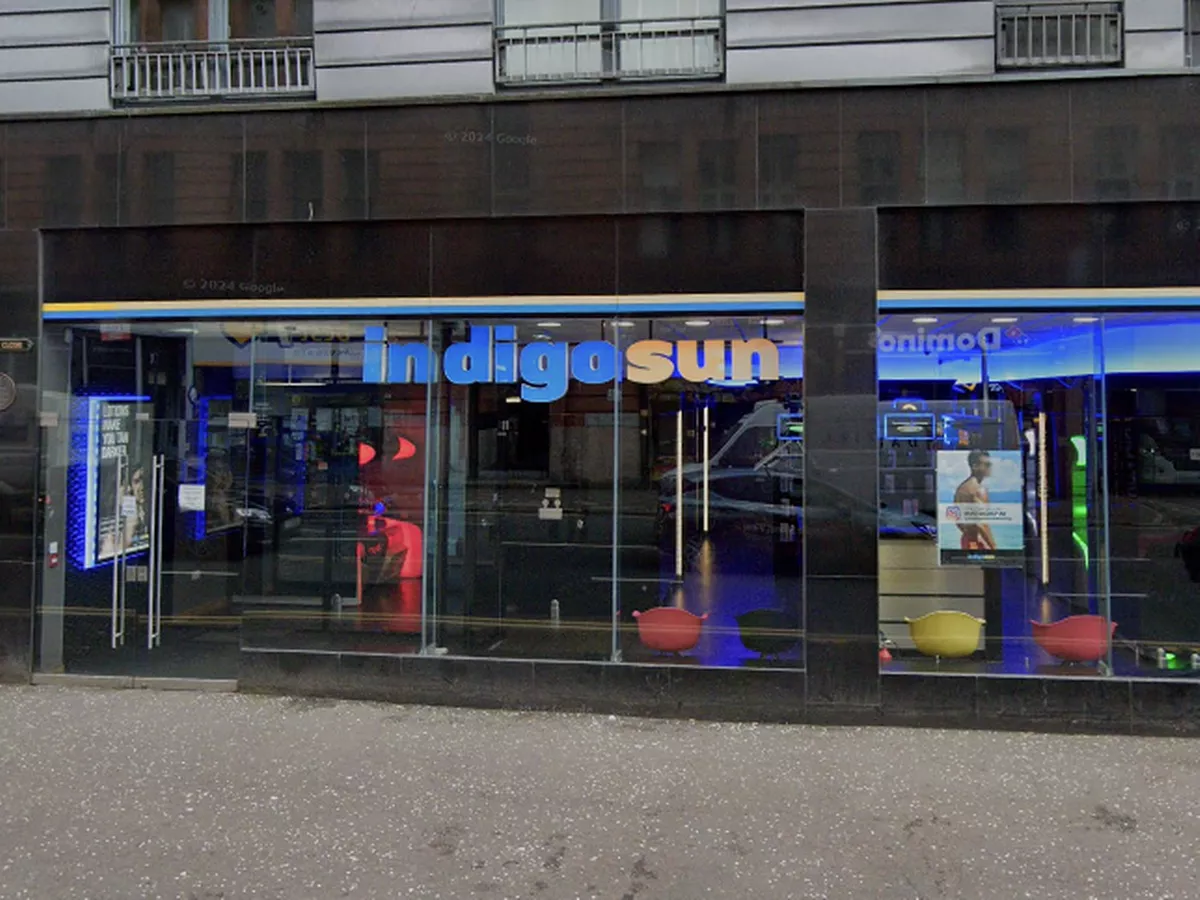Scots tanning firm ordered to ban ‘irresponsible’ ad that claims that sunbeds ‘reduce cancer’
By Ruth Suter
Copyright dailyrecord

A Scots tanning firm has been slammed over an “irresponsible” advert that claimed sunbeds prevent cancer. Indigo Sun, which has multiple salons in towns across the country, ran an online ad earlier this year stating that moderate use of sunbeds brought major health benefits. Citing a University of Edinburgh study to make its case , the firm also claimed that use of the beds lowered risk of dying from heart disease and increased levels of vitamin D. The ad was hauled before the Advertising Standards Authority (ASA) after a complaint was made to the watchdog by a doctor from the NHS. ASA ruled that the Stirling-based company’s claims were “misleading and unsubstantiated” and ordered a full ban of the advert. Indigo Sun said it disagreed with some of the findings, but agreed to comply with the ruling. The advert, named ‘The Health Benefits of Tanning’, ran online in April. The advert’s voiceover stated: “A recent University of Edinburgh study revealed that UV exposure provides a net health benefit. Using data from over 360,000 people from the UK Biobank, scientists found that higher UV exposure whether from sunlight or tanning beds is linked to reduced deaths from cancer and heart disease. “In fact, sunbed users showed a 15% lower risk of all-cause mortality, a 23% lower risk of dying from heart disease and a 14% lower risk of cancer mortality compared to those who never used tanning salons . The research also showed that sunbed use was not associated with melanoma mortality.” The probe was launched after the NHS complained that the university study was used out of context . According to the NHS , using sunbeds can increase the risk of skin cancer with exposure to UV rays being the number one cause of skin cancer in the UK. This includes melanoma which is the most dangerous type of skin cancer. Other risks associated with using sunbeds include eye damage, premature aging and a weakened immune system. In its ruling , the watchdog said: “We considered the ad did not sufficiently highlight to consumers the known health risks of using sunbeds, as clearly stated by the NHS, nor did it present any alternative means of improving vitamin D levels such as through supplementation and diet. “We further considered that where safer alternatives were available to consumers, irrespective of where they lived, it was irresponsible to promote sunbed use, with its known risks, as the primary way to increase vitamin D levels. “Because the ad omitted information on official advice from public health bodies about the risks of sunbeds, whilst creating an overall impression that the health benefits of using sunbeds significantly out weighed the risks, we concluded that it was irresponsible.” Indigo Sun said it would comply with the ASA’s request to withdraw the advert. Chief executive Frank Taylor told the BBC : “We remain disappointed that a peer-reviewed study conducted by the University of Edinburgh, one of the UK’s most respected academic institutions, and based on UK Biobank data from over 360,000 participants, was not considered sufficient evidence to support the claims made. “Our intention was always to share the science, not to make exaggerated or irresponsible assertions. We acknowledge that not everyone agrees with the interpretation of those findings, but we believe they merit inclusion in the broader conversation about UV, vitamin D and public health – a conversation that has been overly reliant on old, outdated studies.”



